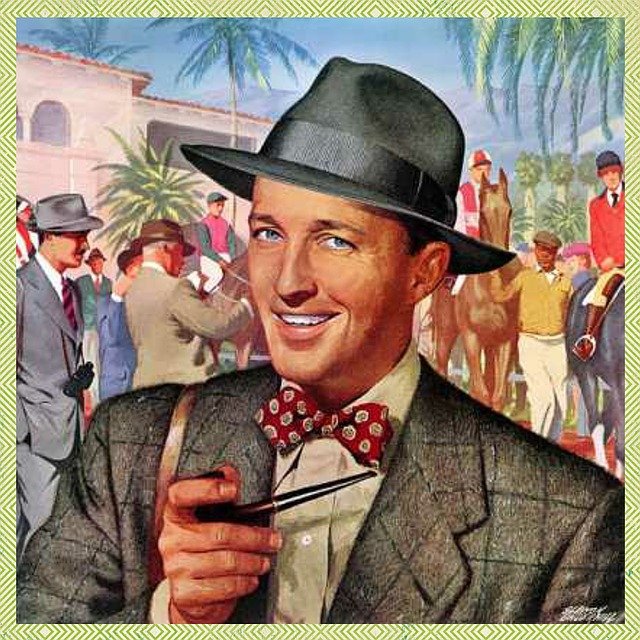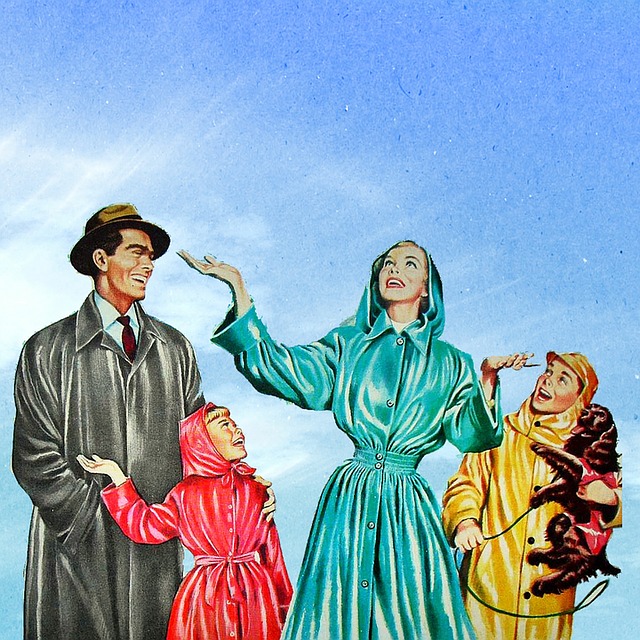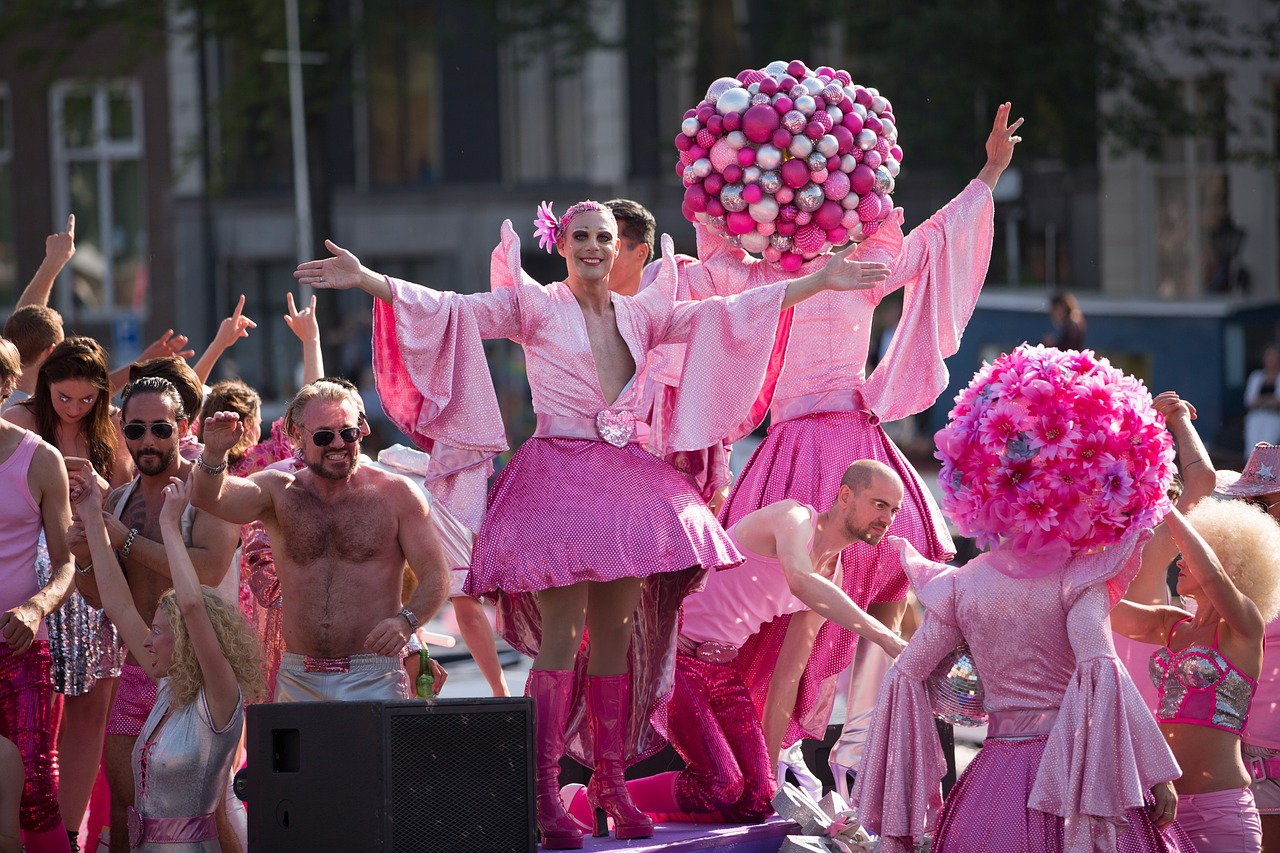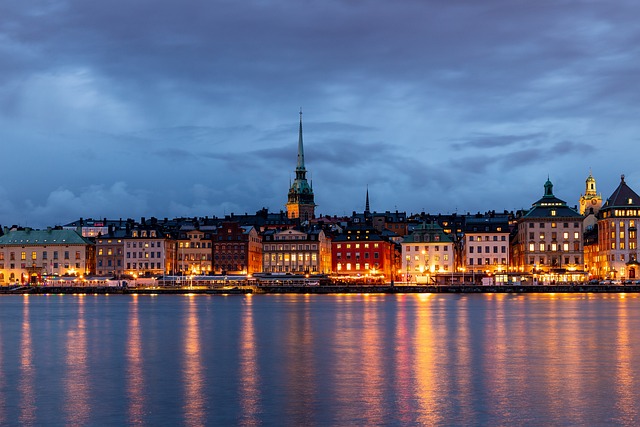
For a long time we have been stomping at a political crossroads with only two exits, right or left. Some people know where they want to go, they are aware of the two different visions of society. But the question is, is it not time to adjust our political compass?
The root of the right/left scale comes from the contrast between tradition or innovation. The old left rebelled against the church and the customs. In the days of the French Revolution, the opposition sat on the left in the National Assembly, while those who wanted to preserve the old order sat on the right. This is where we get our conceptual apparatus.
The question is whether this division is so useful any more?
Many on the right are in favour of technological innovation and development. They want to see scientific and rational solutions to the world’s many problems such as environmental degradation, food shortages, drought, etc. While the left has become more of a Luddite, and instead wants to slow down development and promote more low-tech solutions such as solar and wind power etc. One is also struck by the fact that they rarely have any long-term solutions to our difficulties, except to slow down and regulate existing activities. And that attitude can still be considered conservative in the true sense of the word.
The left appears to be more progressive on social and lifestyle issues, promoting women, homosexuals, ethnic minorities, etc. However, in recent times it has become less about equality, a goal we achieved decades ago, and more about empowering the supposedly vulnerable with quotas, special legislation, and the redistribution of resources through taxpayers’ money.
Even this does not feel very progressive in the true sense of the word. Different rules for different groups is more reminiscent of pre-Enlightenment society in the 18th century and has its roots in monarchy and feudalism.
From having an open and healthy view of races and ethnicities in the 1980s, where TV shows like Cosby achieved high popularity, as did actors like Eddie Murphy, or musicians like Michael Jackson. We looked different, and there was nothing strange about that, there was a place for everyone. Generation X was raised with equal dignity and rights for all in its bones, and it was not uncommon to see posters of Chaka Khan, Sade or Whitney Houston in the homes of white teenagers. We rarely thought about race or colour.
Then something happened. The black civil rights movement started all over again. It still saw injustice in society, much blamed on systemic racism. I.e. not yours and mine, but something diffuse that exists all around us. Maybe it’s meant to be elusive and fuzzy, because it gives the political forces behind the new left more leeway.
Racism can be an attitude, a look, a feeling. And we end up in a society in which we are not allowed to joke about certain groups, and are forced to weigh our words on a scale, because everything can give rise to microaggressions and disturbances in the fragile emotional systems. This, too, feels distinctly conservative. Not being able to say what you want, to use certain language approved by the authorities, to address people by the right title or pronoun, with the imminent risk of social exclusion if mistakes are made.
We also have many trigger questions regarding the right and left positions. The abortion issue is one of them, and it has been dealt with before. Whether abortion should be legal or not is not just a matter of political compass. Even the traditional right is not entirely sure whether to follow Aristotle or the Church’s view of the matter.
High taxes are also considered left-wing politics. But don’t forget that in many countries the left has complained about high taxes and demonstrated against them. But once in power, they do as they please. And the right-wing parties are just as bad, promising low taxes but rarely keeping their promises. The principles of personal and economic freedom rarely become more than a dream for the vast majority, even if dreams are fulfilled in some places in the world.
The right to bear arms is another hot-button issue, with the left often in favour of pacifism, stricter gun laws and disarmament of the population. At the same time, it carries a heavy legacy of revolutionary romanticism, with Che Guevara often appearing on its shirts and many now open about their socialist and communist values. How is revolution supposed to work when the population has no weapons?
Does disarmament only apply to certain groups in society? Should white country people not be allowed to have weapons, while it is allowed for coloured city dwellers? Then we come back to special legislation again, where we go back to a medieval Ottoman society with legislation on an ethnic basis and enclaves with different leaders.
The left is increasingly seen as a non-functioning ideology, a collection of gestures and words, rituals and incantations rather than ideas and visions. And the Left’s foot soldiers and followers are not entirely unintentionally referred to as NPCs, in reference to the computer game world’s non-playable characters who merely blather a message in order to lead the adventurers in a specific direction.
It’s easy to lose one’s footing in this ideological muddle, where the left leans towards conservatism, while the right favours development and innovation. I would argue that these ideological tensions are partly cyclical.
Even Christianity was revolutionary and socially disruptive in its early forms. The statues of the old gods were toppled, the magnificent temples were desecrated and libraries were burned. All that was fixed was destroyed, a new world was to be built, based on a new order and a new leadership. The Church became a great power alongside kings and princes. And it took many centuries for Christianity as we know it today to be chiselled out, incorporating ancient thinkers, attitudes to science, research, the arts and so on.
Finally, revolutionary Christianity became old and conservative. And those who rebelled against the Church during the Renaissance in the 15th century sought to return to the ancient roots, drawing nourishment from the society and world of ideas that existed before Christianity. The circle was closed.
That is why the right and conservatism are not just a force for restoring the old and traditional, because there are so many old customs, practices and religions. Which one should we choose to preserve? Sometimes the right is described merely as a return to the last breaking point, no more, no less, or as a much-needed friction in the machinery to stop the most insane progressive ideas.
Is revolution and change then the true and only direction, for we live in an ever-changing world? Is the left the only way forward?
Let’s take a historical look. Alexander and his generals unified Greece and then conquered Egypt and Western Asia as far as Afghanistan. There were mass weddings between Greeks and Persian women, and they want to create a new united people who would rule the new empire in the future. He conquered tired and stagnant powers, revitalised them, and took them in a new direction.
However, Alexander died at a young age in Babylon, and the empire split between the leading rulers, who soon started new wars and conflicts. Egypt, which fell to Ptolemy, was ruled by his dynasty for 275 years, and a kind of syncretism was created between the Egyptian and Greek divinities. Alexandria became the New York of its time and saw technological developments that were not challenged until the 18th century.
Some would describe the work of Alexander and his generals as a kind of revolution. They embraced technology, science, and worked to create a popular community, and sought to affirm the religions of all in a society that mostly resembled a patchwork of ethnicities and cultures. The young, strong and capable ruled society, while the old, tired and ossified were allowed to lose their grip. The male body was worshipped in the Greek manner, and prowess in the field was perhaps the most prominent attribute alongside mathematics, art and everything else. Ptolemy was also a skilled historian, unfortunately his works do not survive, but he is the epitome of the enlightened ruler who carves out his land and destiny through war and conquest, and creates an enduring empire.
Concepts such as revolution and upheaval have long been hijacked by the left, but such an important elemental force cannot belong to a particular political field. Subversion and progressivism belong to those who want to change society, those in power (left or right) shun it like the plague. That’s why they invent words like counter-revolution, in order to claim the original for themselves and to belittle anyone else who wants to do it again. Revolutions are definitely in the plural, there is no revolution that will then lead to the end of history; that is communist propaganda. The revolution belongs to everyone. The question is what should it contain?
There is a true and just political direction, whether we think the political compass covers it or not. The true and righteous path affirms good forces of change and progress. It loves differences, colours, races and cultures, but loves its own brothers and sisters more. Every man is fundamentally free, independent and should stand on his own two feet. Dignity is essential, as are forward thinking and boldness. Traditions do not exist to inhibit, extinguish and tame. Traditions are meant to affirm and ignite life and desire. We do not live just to eat and reproduce, there is something more. The world is beautiful, infinite and hides countless mysteries for the bold and the resourceful to solve. We live in an eternal morning, the day has just begun.







